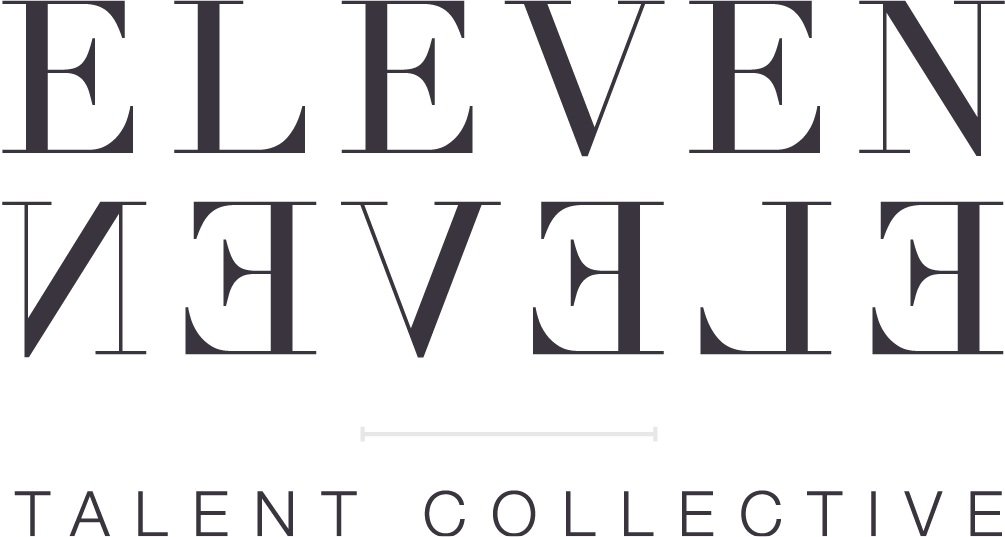The 5-Generation Workforce Is Here: Understanding and Supporting Gen Z in the Workplace
For the first time ever, Gen Z will make up a larger percentage of the workforce then the Boomers. The modern workplace is undergoing a transformative shift as it accommodates five generations working side by side, this is a massive change.
With the entry of Generation Z (some are now referring to themselves as “zoomers”), born between the mid-1990s and early 2010s, into the workforce, organizations need to be able to adapt to diverse perspectives, work styles, and expectations. We’re exploring the unique characteristics of Gen Z in the workplace, offering insights on how to support this generation, and providing strategies for navigating a 5-generation workforce. Let’s talk about it.
Understanding Gen Z in the Workplace:
Digital Natives: Gen Z is often referred to as digital natives, having grown up in a world dominated by technology. They bring a natural affinity for digital tools and an entrepreneurial spirit that can benefit companies seeking innovation.
Purpose-Driven: Unlike previous generations, Gen Z places a strong emphasis on purpose and social responsibility. They are more likely to seek employers with a clear commitment to ethical practices, sustainability, and community involvement.
Fluid Work Environments: Gen Z values flexibility and work-life balance. Remote work options and flexible schedules are highly appealing to them, as they prioritize autonomy and the ability to integrate work into their lifestyles. This is why we are seeing such a large amount of Gen Z in the creator and influencer space as they are able to have ultimate flexibility while earning income.
Supporting Gen Z in the Workplace:
Mentorship Programs: Establishing mentorship programs can be a powerful way to support Gen Z employees. Pairing them with seasoned professionals allows for knowledge transfer, skill development, and fosters a sense of belonging within the organization. This is also a great way to promote cross-generational collaboration.
Continuous Learning Opportunities: Gen Z values continuous learning and personal development. Providing access to training programs, workshops, and educational resources can keep them engaged and help them stay ahead in a rapidly evolving work environment.
Technology Integration: Leverage technology to streamline work processes and communication. Gen Z is adept at using digital tools, and integrating these into the workplace can enhance productivity and collaboration. Don’t sleep on new technology, and look to your Gen Z employees to support in this area!
Navigating a 5-Generation Workforce:
Promote Inclusivity: Foster an inclusive culture that celebrates diversity and values the contributions of individuals from all generations. Encourage cross-generational collaboration to leverage the unique strengths of each group.
Flexible Work Policies: Recognize and accommodate different work preferences. Implement flexible work policies that allow employees of all ages to choose the work arrangements that suit their needs, whether it be remote work, flexible hours, or compressed workweeks. Flexibility is the future of work, we need to embrace this.
Open Communication: Facilitate open and transparent communication across all levels of the organization. Create forums where employees can share their insights and experiences, fostering a culture of mutual respect and understanding.
What Gen Z Wants from a Career Perspective:
Meaningful Work: Gen Z seeks meaningful work that aligns with their values. Organizations that articulate a clear purpose and demonstrate a commitment to social and environmental responsibility are likely to attract and retain Gen Z talent. As an organization, you need to walk the walk.
Career Growth Opportunities: Gen Z values career growth and development. Providing a clear path for advancement, regular feedback, and opportunities for skill-building can contribute to their job satisfaction and loyalty.
Work-Life Integration: Recognize the importance of work-life integration for Gen Z. Offering flexible work arrangements and promoting a healthy work-life balance can contribute to their overall well-being and job satisfaction.
Navigating a 5-generation workforce requires a nuanced approach that takes into account the unique characteristics and expectations of each generation. Understanding and supporting Gen Z in the workplace involves embracing their digital fluency, commitment to purpose, and desire for flexibility. By fostering an inclusive culture, providing mentorship and learning opportunities, and adapting to the changing nature of work, organizations can not only attract but also retain the diverse talent that makes up the modern workforce.
Download our FREE PDF Resource below for a quick guide on ‘5 Ways to Engage Gen-Z in the Workforce’

